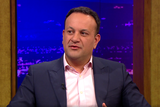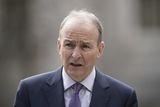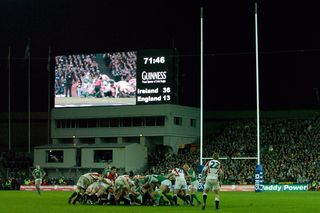Car sales accelerate with dealers hoping to sell 110,000 next year
NEW-CAR registrations are now running 20,000 ahead of last year.
They rose significantly again last month in a further strong indication of consumer confidence returning to the market.
The total for the year so far is now more than 93,000, which is 20,000 more than for all of 2013.
The increased September sales follow a 61pc rise in July and 31pc increase in August.
The sustained level of buying so late into the year is now fuelling expectations that well over 95,000 vehicles will have been bought by year's end.
Forecasts of 90,000-plus earlier this year have had to be revised upwards and September's figures may bring a higher prediction.
Last month there were 3,919 registered, up 23.98pc, on the corresponding month in 2013, according to latest figures from the Society of the Irish Motor Industry (SIMI).
Already analysts are talking of up to 110,000 new-car registrations for next year - with some saying there could be more.
While the monthly increases have been dramatic this year, the sales levels are coming off an extremely low base.
Not so long ago 110,000 sales would have been viewed as being critically low.
The Volkswagen Golf, Nissan Qashqai and Ford Focus are the three best sellers so far this year, followed by the Ford Fiesta, Toyota Corolla and Skoda Octavia. And next up are the Hyundai ix35, Toyota Yaris, Volkswagen Passat and Toyota Auris.
SIMI director general Alan Nolan said the second registration period - from July 1 - had far exceeded expectations and that there has been a distinct shift in buying patterns into the second part of the year.
He said there had been improved business levels with an additional €200m in VRT and VAT collected for the Exchequer from new-car sales alone.
Mr Nolan claimed the increase in buying has "created thousands of additional jobs around the country".
But he warned that the recovery remains "very fragile" and depends on consumer confidence and levels of disposable income.
Join the Irish Independent WhatsApp channel
Stay up to date with all the latest news














